Unity's Runtime Fee Fiasco: Will it Shatter the Indie PC Gaming Scene?
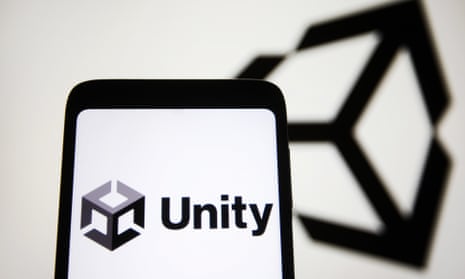
The indie PC gaming community is in an uproar. A collective gasp of anxiety and outrage rippled through forums, Discord servers, and Twitter feeds following Unity's announcement of the new Runtime Fee. This isn't just a pricing adjustment; it's being framed as a potential existential threat to smaller studios, the very lifeblood of innovative and diverse games on PC. The trust, once seemingly rock solid, between developers and one of the most popular game engines in the world, has been shaken to its core. Will the indie scene ever be the same?
The shadow of the Unity logo looms over the indie developer, representing the uncertainty caused by the new Runtime Fee.
The Cult of the Lamb and Among Us Factor: When Indie Darlings Speak Up
The anxiety surrounding the Unity Runtime Fee wasn't just some murmur in the digital back alleys; it was amplified by some very loud voices – the creators of titles we all know and love. Massive Monster, the devilishly clever developers behind Cult of the Lamb, and Innersloth, the studio that turned social deduction into a global phenomenon with Among Us, were among the first to publicly voice their concerns.
Massive Monster's reaction was characteristically sharp. Remember their now-infamous tweet where they lightheartedly threatened to remove Cult of the Lamb from sale? It wasn't just a joke; it was a reflection of the very real fear that the new fees could make their game unsustainable.
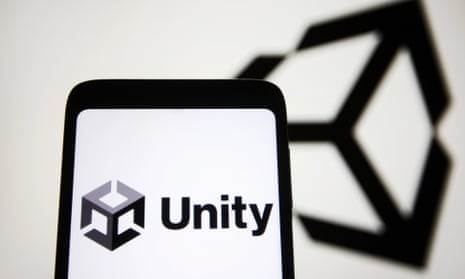 The Massive Monster logo, representing a studio that isn't afraid to voice its concerns.
The Massive Monster logo, representing a studio that isn't afraid to voice its concerns.
Innersloth, while taking a more measured tone, was equally critical. Their statement highlighted the potential impact on their ability to support Among Us and develop future projects.
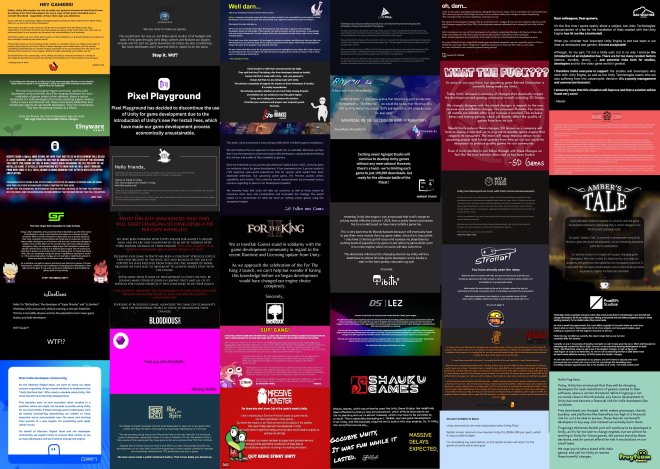 The Innersloth logo, signifying the concern from a studio behind one of the biggest indie hits.
The Innersloth logo, signifying the concern from a studio behind one of the biggest indie hits.
And let's not forget the elephant in the room: Hollow Knight: Silksong. This eagerly awaited indie title, built on Unity, has been in development for what feels like an eternity. While Team Cherry hasn't directly commented on the Runtime Fee, the community is rife with speculation about how it might affect the game's release.
Community Inferno: Steam and Discord Erupt
The developers weren't alone in their worries. PC gamers, who have long championed the indie scene, quickly took to Steam forums and Discord servers to vent their frustrations and anxieties. Here's a glimpse into the community's reaction:
Steam Forums:
- On the Cult of the Lamb Steam forums, user "Grimwald_77" wrote: "If they actually remove the game because of this Unity crap, I'm gonna be so bummed. It's one of my favorites!"
- A worried player on the Among Us forum, "SpaceCadet_Alpha," commented: "I really hope this doesn't mean we'll see price increases or, worse, the devs abandon the game. Among Us is a classic!"
- Over on the Hollow Knight: Silksong discussion board, "Waiting_4_Silk" posted: "Please Team Cherry, say something! Is this going to delay Silksong even more?"
Discord Servers:
- In a popular indie game development Discord server, a user going by "PixelArtist_Pro" said: "This makes it almost impossible for hobbyist developers to release their games. And indie devs are hurt worst!"
- A member of a large PC gaming community Discord, "StrategyFanatic88," exclaimed: "I am starting to hate Unity. This new fee will destroy many indie devs!"
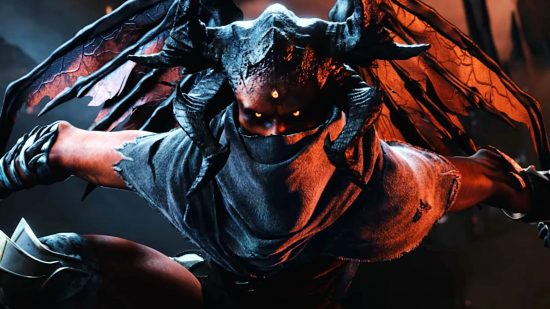 A dynamic screenshot from Cult of the Lamb, a game that has been at the center of the Unity Runtime Fee discussions.
A dynamic screenshot from Cult of the Lamb, a game that has been at the center of the Unity Runtime Fee discussions.
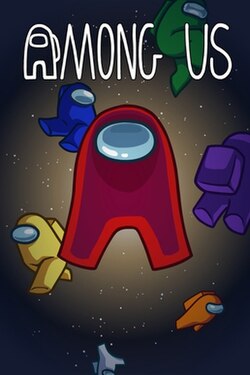 A screenshot of Among Us gameplay, demonstrating the visual style of a game that could be impacted by the Runtime Fee.
A screenshot of Among Us gameplay, demonstrating the visual style of a game that could be impacted by the Runtime Fee.
Unity's Communication Breakdown: A Masterclass in Mishandling
Unity's initial justification for the Runtime Fee centered around the need to reinvest in their engine. It was a noble goal, at least on paper. However, the rollout was nothing short of a disaster. Subsequent clarifications, and even a partial retraction, only deepened the distrust. The shifting metrics for calculating the fee, the ambiguity surrounding the definition of an "install" (does a demo download count? What about Game Pass?), and the overall lack of transparency in their communication strategy eroded developer confidence at an alarming rate. The impression left was of a company scrambling to fix a broken plan after significant negative backlash.
Interview: Sarah Miller, Ethereal Dawn Developer
To understand the true impact of this controversy, let's hear from someone on the front lines. I spoke with Sarah Miller, a 35-year-old solo indie developer working on Ethereal Dawn, a pixel-art RPG with a vibrant color palette reminiscent of Secret of Mana and a complex crafting system. Sarah is self-taught and has been pouring her heart and soul into this project for five years. She relies on revenue from Steam and itch.io to fund her development and is currently attending GDC in San Francisco to explore alternative engines.
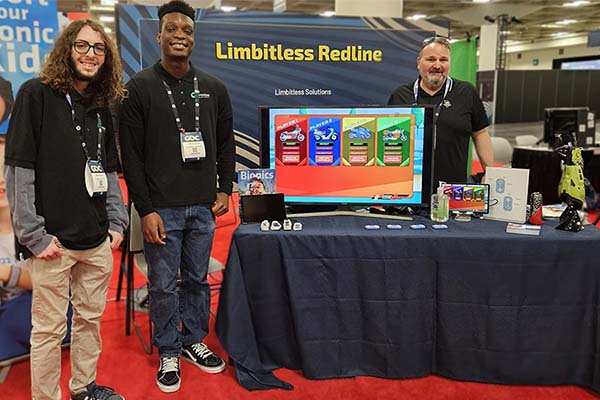 Sarah Miller, a solo indie developer, considers her options at GDC in light of the Unity controversy.
Sarah Miller, a solo indie developer, considers her options at GDC in light of the Unity controversy.
XenGamer: Sarah, how did you react to the initial announcement of the Runtime Fee? What were your first thoughts?
Sarah: Honestly, I was terrified. My first thought was, "Is Ethereal Dawn even viable anymore?" I've put so much time and personal investment into this, and suddenly it felt like the rug was being pulled out from under me.
XenGamer: What is your biggest fear regarding the potential impact of the Runtime Fee on the development of Ethereal Dawn?
Sarah: My biggest fear is that I won't be able to finish it. I'm a solo developer; I don't have a massive budget or a team to fall back on. If the fees become too high, I might have to abandon the project altogether.
XenGamer: Have you considered switching to a different engine? What are the pros and cons?
Sarah: I'm seriously considering it. I'm at GDC looking at Godot and Unreal, maybe even GameMaker. The pro is obvious: escaping the Unity fee structure. The con is the monumental amount of work involved. I've spent five years learning Unity, building tools, and creating assets specifically for that engine. Switching now would mean essentially starting over.
XenGamer: How has the cost of Unity affected your development of the game over the last 5 years?
Sarah: Up until now, the cost has been manageable, which is why I chose Unity in the first place. The initial investment for the license was reasonable, and I factored that into my budget. But this new fee structure? It's a completely different ballgame.
XenGamer: What alternatives to the proposed new pricing model would seem more equitable to you?
Sarah: Something tied to revenue, not installs. A percentage-based royalty would be much fairer, especially for smaller developers. Or, perhaps a tiered system based on studio size and revenue. At least that would acknowledge the vastly different circumstances of indie devs versus larger companies.
Ethical and Legal Implications: A Power Imbalance
This controversy shines a harsh light on the ethical power imbalance between engine providers and indie developers. Engine providers like Unity hold significant sway over the livelihoods of countless creators. There's an ethical responsibility to offer sustainable and predictable pricing models, especially considering that developers often make long-term investment decisions based on the terms of service in place at the time of development.
Furthermore, there are potential legal challenges regarding retroactive changes to the TOS. Can developers who made development decisions based on Unity's prior TOS sue for breach of contract or detrimental reliance? The legal concept of "reasonable reliance" comes into play here. Developers could argue that they reasonably relied on Unity's existing TOS when choosing Unity as their engine and investing significant time and resources into learning it. If they can't switch engines without incurring significant costs, they have been directly impacted.
 A bar chart illustrating the increased costs associated with the new Unity Runtime Fee for a game with 100,000 installs per month.
A bar chart illustrating the increased costs associated with the new Unity Runtime Fee for a game with 100,000 installs per month.
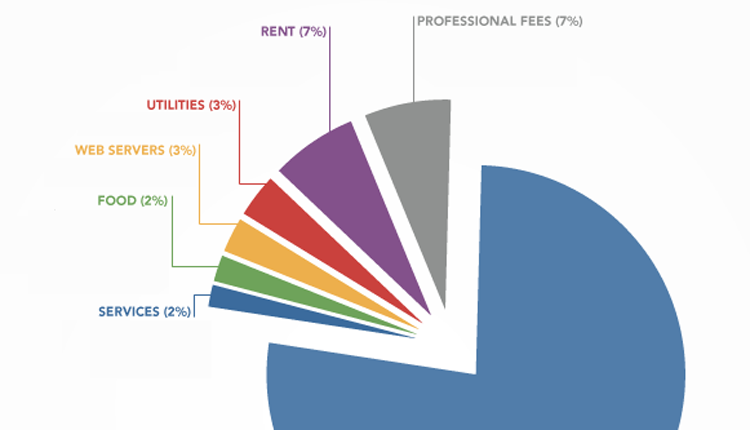 A graphical representation of the difference in costs before and after the proposed change.
A graphical representation of the difference in costs before and after the proposed change.
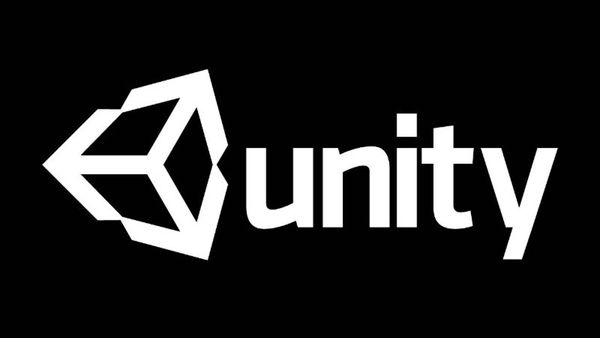 Bar graph visually displaying how the pricing changes could influence the finances of a project.
Bar graph visually displaying how the pricing changes could influence the finances of a project.
Conclusion: A Turning Point?
Unity's Runtime Fee fiasco has the potential to reshape the indie PC gaming ecosystem. It could stifle developer innovation, reduce game diversity, and ultimately limit gamer choice. This controversy represents a pivotal moment in the relationship between engine providers and game developers. Will Unity learn from this experience and adopt a more equitable approach? Or will this mark the beginning of a mass exodus to alternative engines, leaving the indie PC gaming scene forever altered? Only time will tell, but one thing is certain: the trust is broken, and rebuilding it will be a long and arduous process.